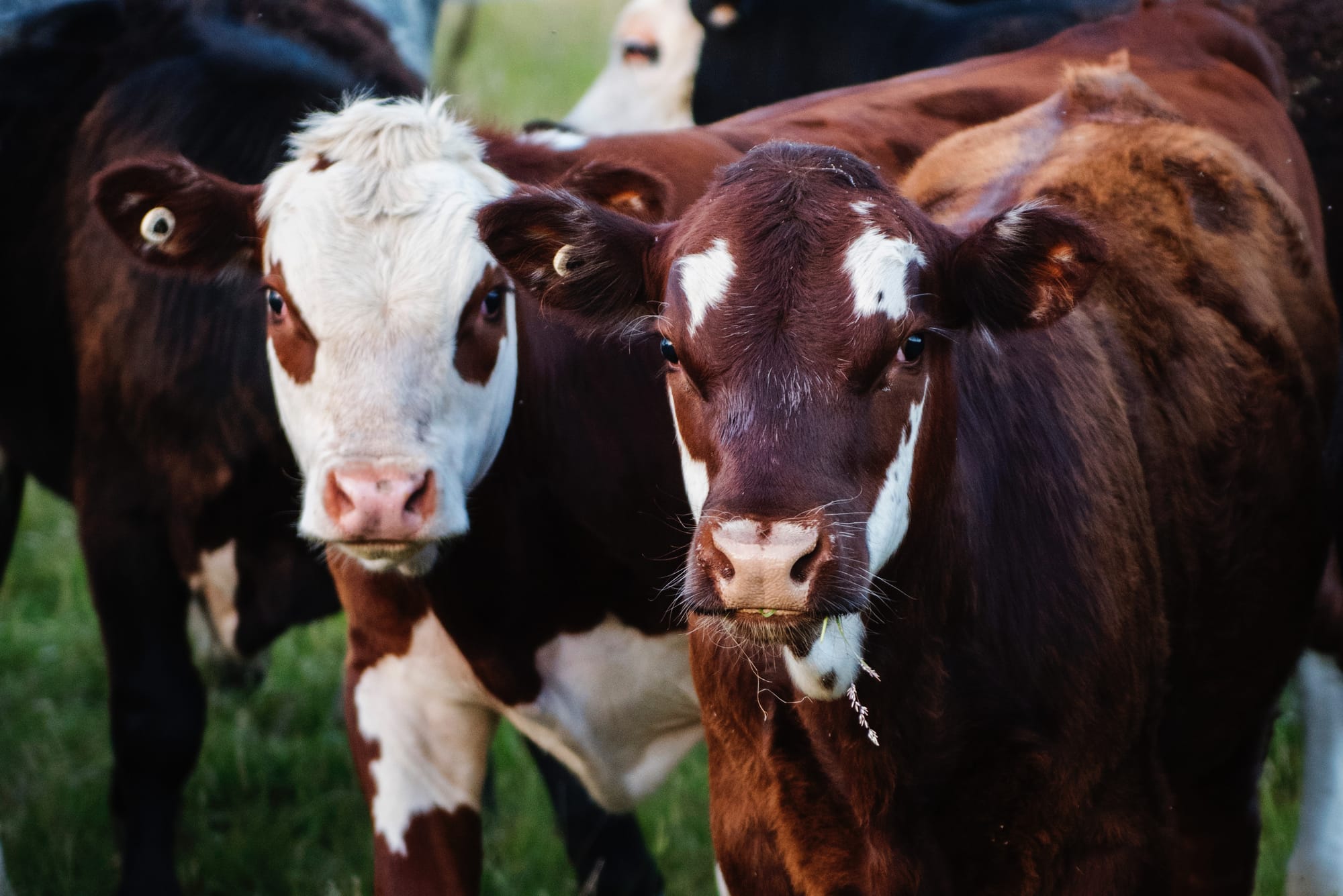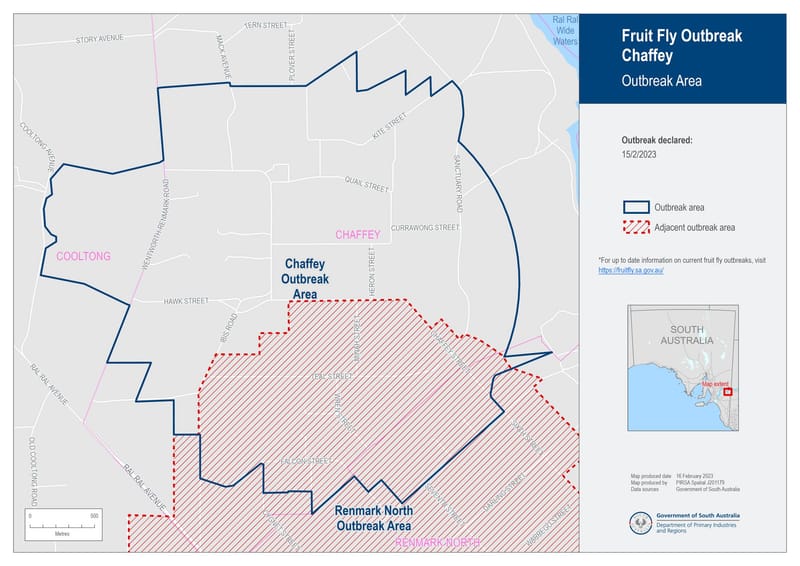EAD Bill strengthening our defences
AN amendment passed by State Parliament late last year has increased South Australia’s ability to respond to emergency animal disease incursions. The Livestock (Emergency Animal Disease) Amendment Bill was passed late last year, allowing...

AN amendment passed by State Parliament late last year has increased South Australia’s ability to respond to emergency animal disease incursions.
The Livestock (Emergency Animal Disease) Amendment Bill was passed late last year, allowing inspectors further resources to deal with potential outbreaks.
The amendments strengthen the powers within the Livestock Act 1997, adding to the suite of actions being undertaken by the State Government to ensure a comprehensive, rapid and effective emergency response, should an outbreak occur.
Minister for Primary Industries and Regional Development Clare Scriven said the legislation is “vital” in the state’s ongoing fight against emergency animal diseases.
“Impacts of an EAD incursion would be felt well beyond the farm with the loss of international market access with estimates indicating a cost to Australia of $80 billion to $100 billion over 10 years,” Ms Scriven said.
“It’s important to ensure these relevant legislative arrangements are strong, so our response to EAD is swift and agile.”
Inspectors will now be equipped with a myriad of resources and functions in order to restrict potential outbreaks.
Inspectors will be able to construct (or require the construction of) a fence to contain livestock, disinfect machinery, take possession of available machinery to assist with livestock disposal activities, or stop work or close a place to minimise a biosecurity risk or impact.
In the case of an increased risk of exotic disease, powers to undertake surveillance and proof of freedom testing have been added for monitoring disease incursions or for market access purposes.
Livestock SA CEO Travis Tobin thanked the Government and Parliament for the passage of the Bill, which he believes “was needed to strengthen the state’s ability to respond to an EAD detection or outbreak”.
“If faced with such an event, our industry would be operating in unchartered territory and these changes will enable more effective control and eradication processes so we can get back to normal trading conditions as soon as possible,” Mr Tobin said.
“Key to the success of any EAD response will be the effective working relationship between government and industry.”





